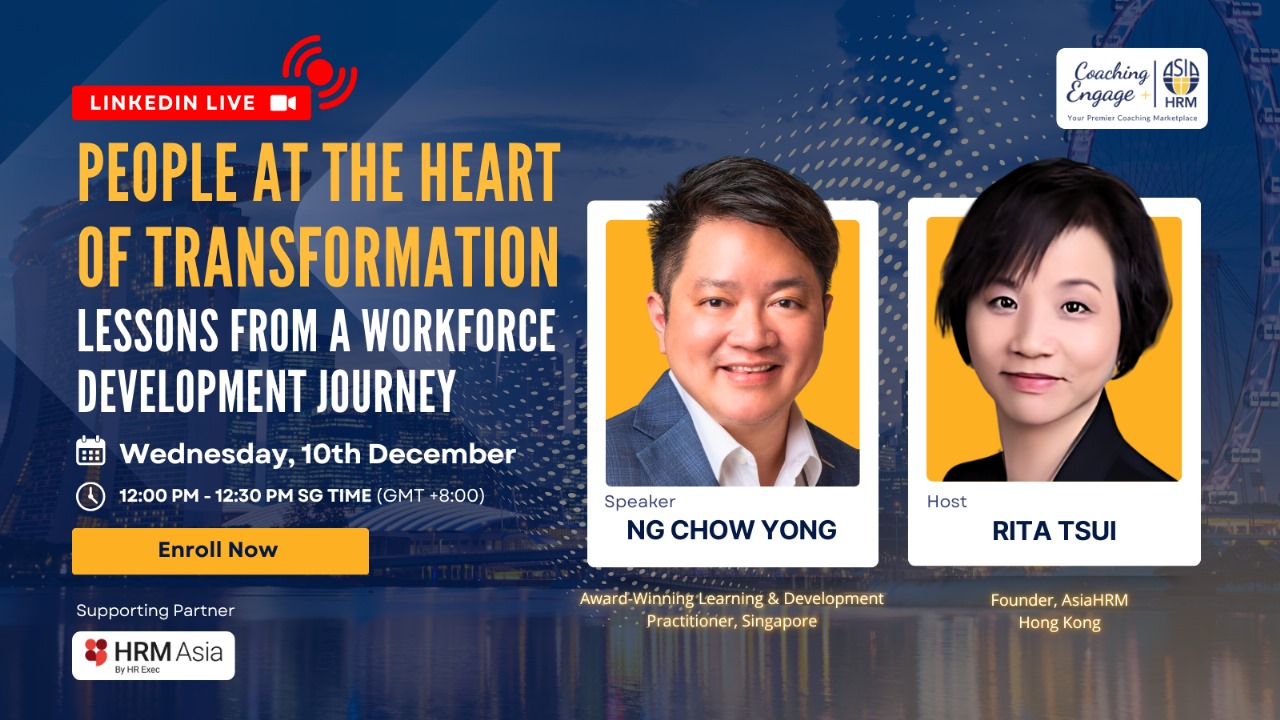Engagement: don’t let it start and finish with a survey
- HRM Asia Newsroom

| About the Author |

Jarrod McGrath is founder and CEO of Smart WFM. |
Engagement surveys have long served as an important part of any company’s HR and people strategies. The need to check in with your team and ensure they’re happy, engaged and contributing to the business in a meaningful way is important – but stopping there can reduce the value of engagement and even cause harm.
Engagement is not a tick-box, one-time exercise – it must be continued activity that relates to the business and is constantly reviewed and improved upon.
This is more important now than ever with the ‘always-on’ nature of people and businesses, particularly as millennial generations start to make up the majority of the workforce.
A new approach to engagement is required to meet the needs of a modern business and workforce.
Linking engagement to business outcomes
Any business initiative requires an understanding of the desired business outcome for it to succeed. Developing this understanding will help all stakeholders – from the coal face to the shareholder – buy into what you’re trying to achieve.
For example, if you’re collecting pulse data, performance data or off-boarding data – ask why. Ask what business drivers our behind it. At Smart WFM, we recently worked with a specialty retailer in Asia Pacific which had the goal of attracting and retaining millennial employees.
After a thorough engagement process, the data showed the company needed to provide technology that would increase staff engagement through digital platforms, e.g. accepting or declining shifts, applying for leave, knowing when and where they were rostered all at the click of a button or swipe of a thumb.
Having the right goal in mind from the get-go and following up to reward the engagement by providing staff what they needed improved the value of the exercise for everyone.
Review, recommend and measure
Once you know the desired business outcome, ensure your questions line up to it and enable you to mine useful and actionable data. Reviewing both the data and questions over time are important to surveys delivering maximum value.
Use the data to recommend informed action and change to organisational leaders. Take them on a journey of how the data aligns to business objectives, what will be done post-engagement and what that will mean.
You can’t manage what you can’t measure. This is an area many businesses fall down on – without an honest assessment of what has been accomplished versus the desired outcome, engagement will stagnate and fail to evolve over time.
Measurement can begin in the form of a simple pulse survey – in the case of the specialty retailer mentioned above, the logical next step we took was to find out how staff were responding to the new digital platforms. It’s not hard to see how this kind of activity can lead to further improvements.
Rinse and repeat
As mentioned, continued engagement is vital for any business. Your staff and company’s needs are constantly evolving – particularly in the digital-first era – and failure to continually engage will see many businesses operate in the dark.
Looking forward, the aim should be to turn regular engagement into a culture of continuous sharing and learning to meet the needs of today’s highly-networked, collaborative and interactive workplaces.
Creating this ecosystem will fuel learning and continuous improvement both inside and outside the organisation as it seeks to redefine itself for the digital era and new generations.
| Smart WFM is one of more than 20 startups that will be exhibiting at the first-ever HR Festival Asia, brought to you by the combined experience of HR Technology Conference & Exposition (US) and HR Summit (Asia).
Find them at the Expo Hall’s dedicated Startup Zone,where the region’s most exciting new HR technology developers will be plying their wares. For more information, visit www.hrfestivalasia.com. |






